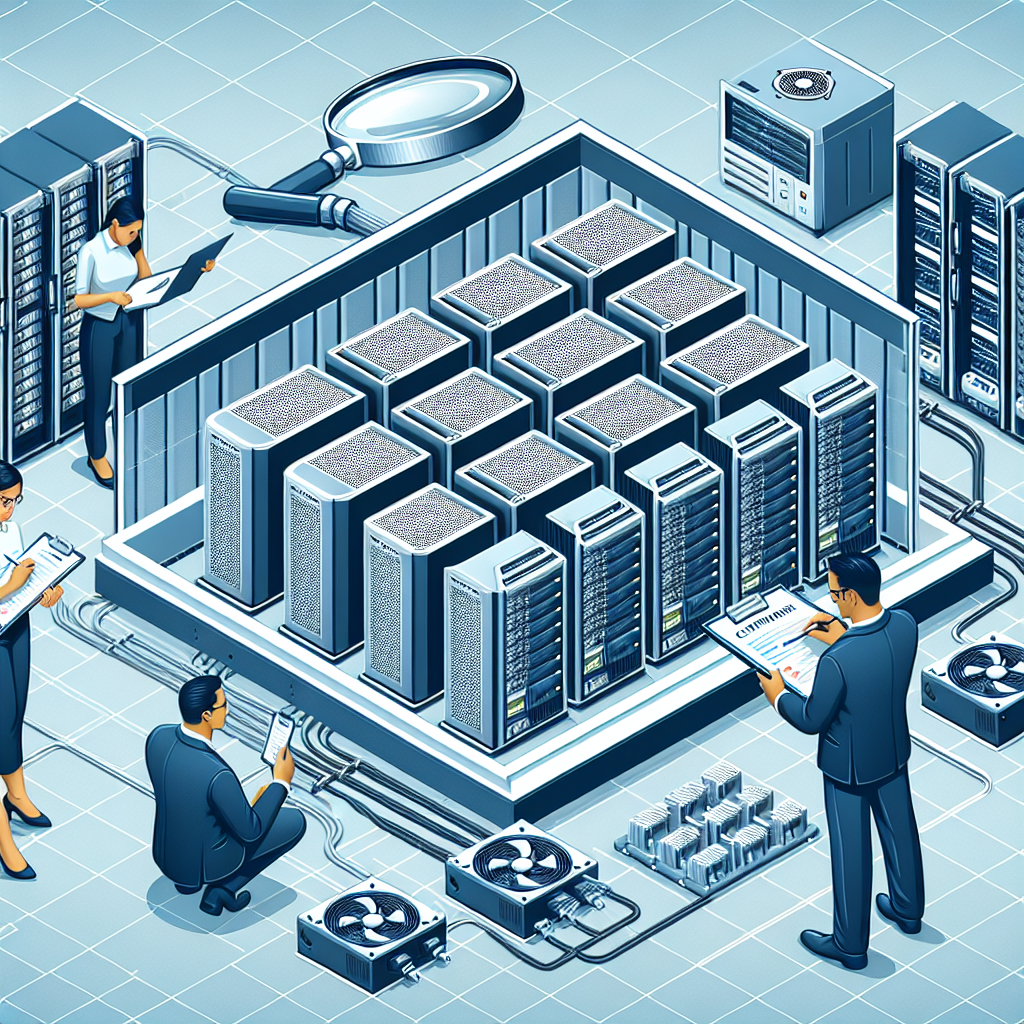Fix today. Protect forever.
Secure your devices with the #1 malware removal and protection software
Data centers play a crucial role in today’s digital world, serving as the backbone for storing and processing vast amounts of data. With the increasing demand for data storage and processing capabilities, data centers are becoming more complex and energy-intensive. As a result, it is essential for data center operators to ensure efficiency in their operations to minimize costs and reduce environmental impact.
One of the key ways to achieve efficiency in data centers is through comprehensive auditing. Auditing involves reviewing and analyzing various aspects of data center operations to identify areas for improvement and optimization. By conducting regular audits, data center operators can gain valuable insights into their infrastructure, equipment, and processes, leading to more efficient operations and cost savings.
When auditing a data center, it is important to consider several factors, including energy consumption, cooling systems, server utilization, and overall infrastructure efficiency. By examining these key areas, data center operators can identify opportunities to optimize performance and reduce energy consumption.
Energy consumption is one of the biggest costs for data centers, making it a critical area to focus on during audits. By analyzing energy usage patterns and identifying areas of high consumption, operators can implement strategies to reduce energy waste and improve efficiency. This may include upgrading to more energy-efficient equipment, implementing virtualization technologies, or optimizing cooling systems.
Cooling systems are another important aspect of data center operations that can impact efficiency. By auditing cooling systems and airflow patterns, operators can identify inefficiencies and make adjustments to improve cooling efficiency and reduce energy consumption. This may involve rearranging equipment layouts, sealing air leaks, or upgrading to more efficient cooling technologies.
Server utilization is also a key factor in data center efficiency. By monitoring server utilization and identifying underutilized or idle servers, operators can consolidate workloads and reduce the overall number of servers in operation. This not only improves efficiency but also reduces energy consumption and operational costs.
Overall infrastructure efficiency is another critical area to consider during audits. By examining the design and layout of the data center, operators can identify opportunities to optimize space, improve airflow, and reduce energy consumption. This may involve redesigning equipment layouts, upgrading lighting systems, or implementing energy-efficient building materials.
In conclusion, ensuring data center efficiency through comprehensive auditing is essential for optimizing operations, reducing costs, and minimizing environmental impact. By analyzing energy consumption, cooling systems, server utilization, and overall infrastructure efficiency, data center operators can identify opportunities for improvement and implement strategies to enhance efficiency. By regularly conducting audits and continuously monitoring performance, data center operators can stay ahead of the curve and ensure their operations are running at peak efficiency.
Fix today. Protect forever.
Secure your devices with the #1 malware removal and protection software

Leave a Reply
You must be logged in to post a comment.